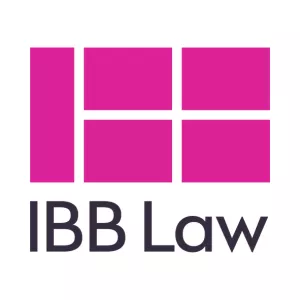- with readers working within the Property industries
On 26 October 2024 the government introduced the Worker Protection (Amendment of Equality Act 2010) Act 2023. The Act introduced a legal duty on employers to take "reasonable steps" to prevent sexual harassment and create a safe working environment. The European Human Rights Commission were also provided the ability to enforce the new legislation and Employment Tribunals were provided with the ability to uplift the employee's discrimination compensation by 25%.
What is Sexual harassment?
The Equality Act defines 'sexual harassment' as unwanted conduct of a sexual nature which has the purpose or effect of either violating an individual's dignity or creating an intimidating, hostile, degrading, humiliating or offensive environment for the individual. This includes (but is not limited to) acts of unsolicited physical contact, sexual jokes or comments, sexual advances, sending sexually explicit emails/texts and displaying sexually graphic images.
What steps do employers need to take?
Risk Assessments – employers are required to evaluate risks which may currently persist in their workplace which may contribute to the likelihood of sexual harassment occurring. For example, such risks could include lone working, alcohol consumption at work events, power imbalances or workforce demographic. A tailored plan to mitigate these risks is expected.
Sexual Harassment Policy – employers must ensure they have clear anti-sexual harassment policies in place addressing clear procedures, implications, reporting mechanisms and the employer's investigation procedures in dealing with complaints.
Training all staff – as well as ensuring assessments and policies are in place, employers should provide staff training, to make employees aware of what would be considered to be an act of sexual harassment and how to make a complaint of sexual harassment should they be a recipient of such behaviour.
Procedure – employers should ensure that they have identified the procedure and the personnel involved so that employees know the procedure that they should follow.
Training Managers – ensure that the managers that are named as part of the reporting process are trained in how to handle complaints of sexual harassment.
Third party harassment – employers should take preventative steps to avoid third party harassment. This would include notifying third parties of a zero-tolerance approach to any harassment of their employees. This could be identified by adding it to the terms and conditions or public notices.
Monitoring and evaluation – Ongoing monitoring and efforts to improve the workforce culture will assist in reducing the acts of sexual harassment. Regular check-ins with employees and interventions to assess the effectiveness of policies will aid an employer from measuring which steps are appropriate.
Conclusion
Under the new regulations, an employer can avoid liability if they show they took all reasonable steps to prevent sexual harassment. The steps identified above will assist with showing that you have taken reasonable steps and be able to defend the claim.
The content of this article is intended to provide a general guide to the subject matter. Specialist advice should be sought about your specific circumstances.


